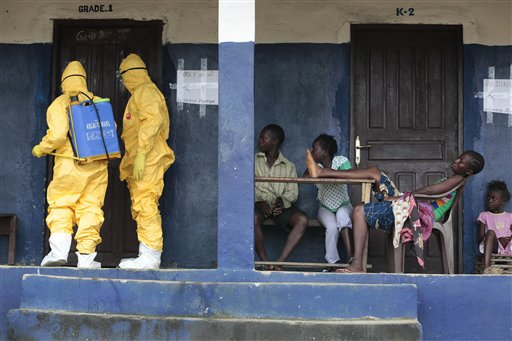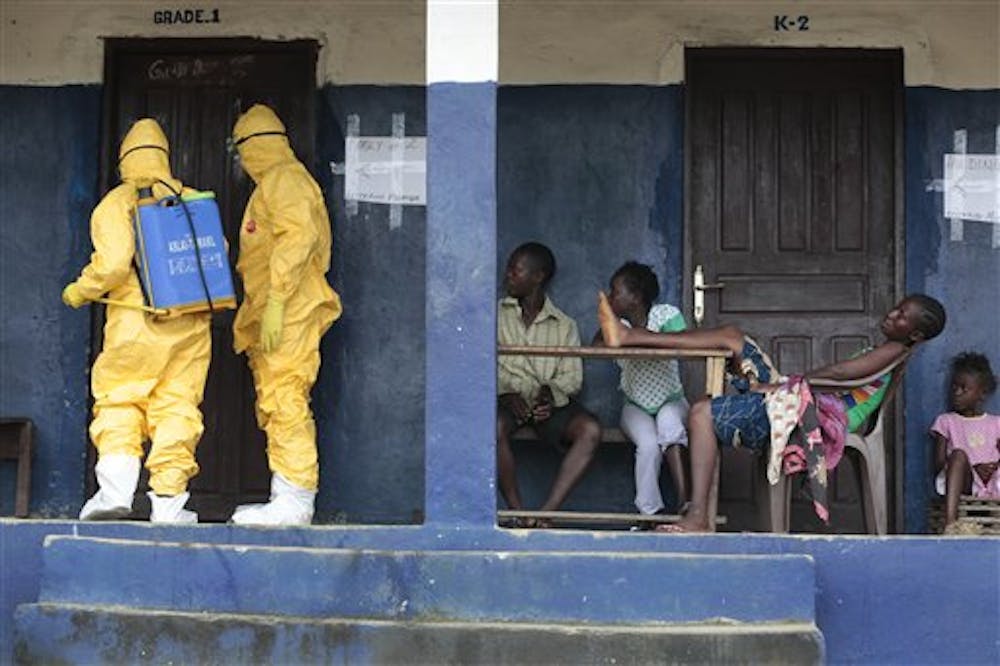By Roman Orsini
Staff Writer

On Tuesday, Sept. 30, the Centers for Disease Control (CDC) confirmed the first case of the Ebola virus in the United States. The disease originated in West Africa last December and has killed over 2,000 people in Liberia alone, according to the CDC.
Thomas Duncan, a Liberian man, flew into Dallas, T.X. unknowingly carrying the disease. Before his trip, Duncan didn’t yet show symptoms of Ebola and was permitted to fly. Duncan was with family when he became ill and visited the emergency room on Thursday, Sept. 25, according to the Associated Press. As of Saturday, Oct. 4, Duncan is reported to be in critical condition at the Texas Health Presbyterian Hospital. His family is living in quarantine because of the contact with Duncan.
Ebola is a rare but deadly disease, which was discovered in 1976 near the Ebola River in Congo. According to CNN, it kills 90 percent of those infected or 60 percent of those who receive early treatment. The symptoms of Ebola do not appear immediately, and it is not immediately contagious, either. When those infected experience fever and vomiting, the virus can be spread by bodily fluids. The disease kills in roughly 10 days after one suffers from blood hemorrhaging according to CNN.
The possibility of a national Ebola outbreak seems remote, as the U.S. has greater medical infrastructure than poor West African nations.
“We need to get the information out because there is a lot of fear. Our healthcare infrastructure in the United States is well-equipped to stop Ebola in its tracks,” said Dr. Anthony Fauci of the National Institutes of Health.
While any national case of the virus will be contained, the government will help to counter Ebola at the source in Africa. The Pentagon has begun to construct medical labs and clinics in Liberia. Up to 4,000 troops could be sent to the region to assist in containing the disease, according to Pentagon spokesman Rear Admiral John Kirby.
In a speech, President Obama laid out the administration’s goals for dealing with Ebola.
“Number one: to control the outbreak. Number two: to address the ripple effects of local economies and communities to prevent a truly massive humanitarian disaster. Number three: to coordinate a broader global response. And number four: to urgently build up a public health system in these countries for the future — not just in West Africa but in countries that don’t have a lot of resources generally,” Obama said.







